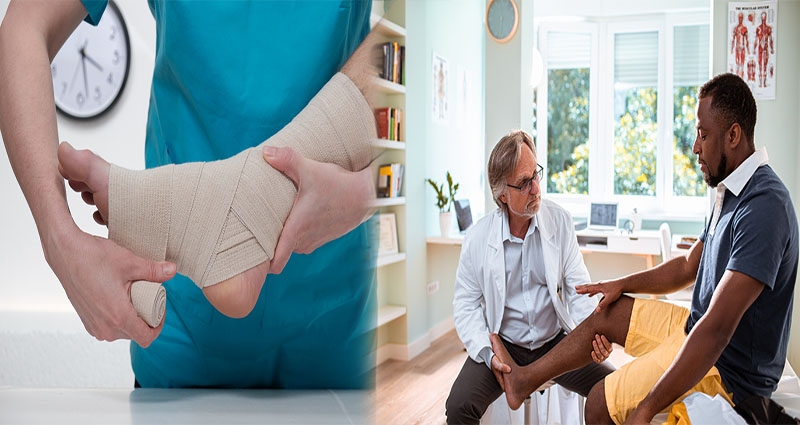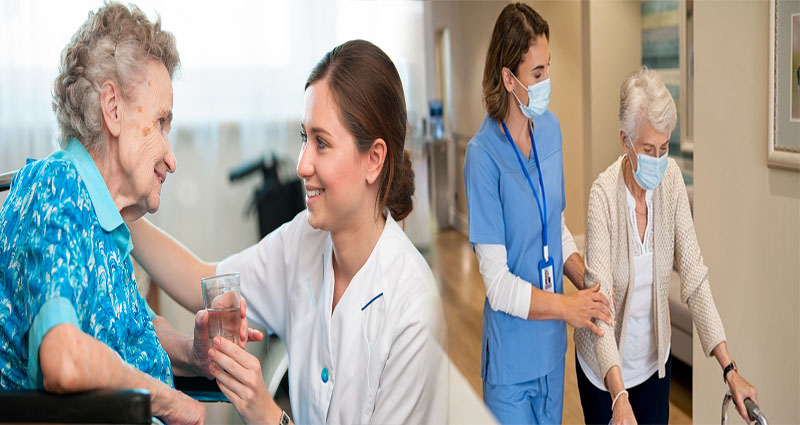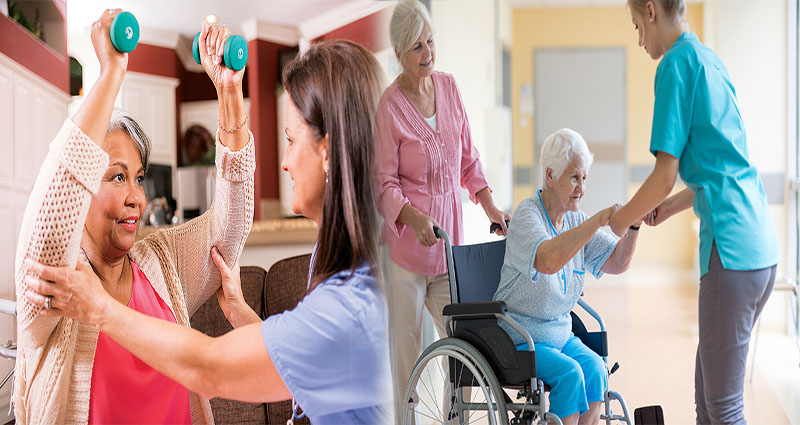5 Tips To Help You Recover Faster From Surgery
If you’ve had surgery, you know how painful and uncomfortable it can be. But if you’re wondering how long it will take to recover from the procedure, don’t panic! Follow these tips to help your body recover faster:
1. Rest and sleep
Rest and sleep are essential for the recovery process. Your body needs rest in order to heal, so it’s important that you get enough sleep. How much rest and sleep you need depends on the type of surgery you had, but if possible, try getting up and going to the bathroom at least once every hour during the night so that your bladder doesn’t swell up while sleeping (this could cause discomfort). If this isn’t possible due to pain or other factors, try taking a painkiller before bedtime so that when it comes time for bedtime activities (like getting up), they won’t cause as much discomfort.












